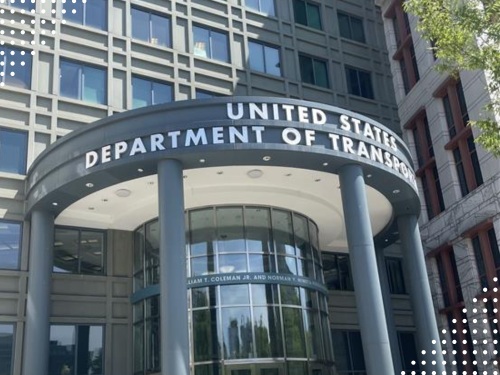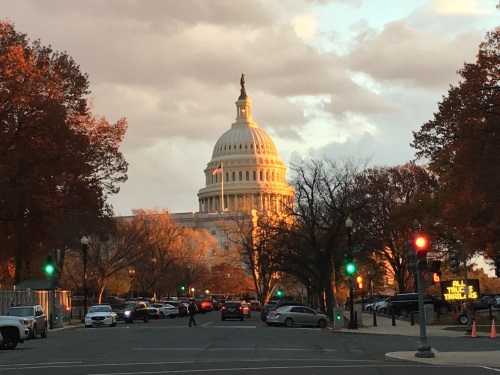The House of Representatives delayed a vote on a $1.2 trillion infrastructure bill passed by the Senate on August 10 twice this week as factions of the Democratic Party fought over legislative and funding priorities involving the much larger reconciliation bill covering social programs.
However, late on October 1, the House passed a 30-day surface transportation funding extension measure, which expires October 31, to provide more time for legislators to find a way around the infrastructure bill impasse. The Senate subsequently passed that extension on October 2, with President Biden signing it into law that same day.

Yet Jim Tymon, executive director of the American Association of State Highway and Transportation Officials, noted in a statement that this particular extension doesn’t include any new funding for state departments of transportation until October 15, leaving them without support from their federal partners for weeks.
“Short-term extensions are not a suitable way to govern,” he said. “AASHTO remains focused on the passage of a long-term surface transportation bill to ensure the delivery of a safe and efficient multimodal transportation system and we urge Congress to do the same.”
The infrastructure bill or IIJA – which has broad support within the transportation industry – also includes surface reauthorization legislation, without which funding for many critical federal transportation programs is suspended. That underscores the importance of the 30-day extension, so that funding does not completely lapse as legislators continue to wrangle over the bill.

The House scheduled an initial vote on the IIJA on September 27 then delayed that vote to September 30 as the progressive and centrist wings of the Democratic Party battled over whether to pass the infrastructure measure first or wait until passage of the broader $3.5 trillion “Build Back Better” funding measure.
The Fiscal Year 2022 budget resolution, focused on social programs and tax measures, passed in the Senate by a vote of 50 to 49 on August 11 to kick off the “budget reconciliation” process to advance this larger package.
However, the budget resolution currently does not include the expiration of a debt ceiling agreement put in place two years ago. Consequently, the U.S. Department of the Treasury is currently taking what it calls “extraordinary measure,” or emergency cash conservation steps to prevent default on federal debt.
On top of that, two key Democratic senators – Sen. Joe Manchin, D-W. Va., and Sen. Kyrsten Sienma, D-Ariz. – are opposed to the measure’s $3.5 trillion spending ceiling and their opposition is why the Democrats progressive caucus in the House are threatening to sink the infrastructure bill.
Their opposition is why Sen. Bernie Sanders, I-Vt., called on the House earlier this week to vote down the infrastructure bill.
“No infrastructure bill should pass without a $3.5 trillion reconciliation bill,” he said on Twitter. “That is the agreement that was made & that is the agreement that must be kept. Physical infrastructure is important, but the needs of working families & combatting climate change is more important.”
However, Sen. Manchin remains firm so far in is call to reduce the price tag of the reconciliation measure. “Respectfully, as I have said for months, I can’t support $3.5 trillion more in spending when we have already spent $5.4 trillion since last March,” he said in a statement. “At some point, all of us, regardless of party must ask the simple question – how much is enough?”
 Top Stories
Top Stories
USDOT Makes $1.5B Worth of BUILD Grants Available
December 19, 2025 Top Stories
Top Stories

